Why is Racketeering Often Used to Overcharge Defendants?
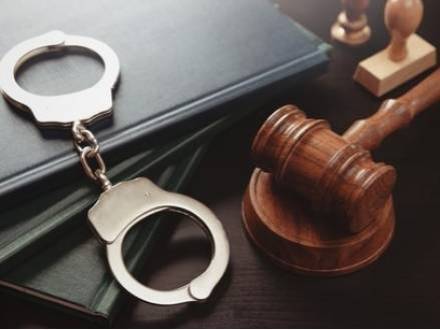 A few years ago, there was a high-profile case involving a former music superstar who was sentenced to thirty years in prison for sex trafficking and racketeering. At first glance, the two crimes appear to have little in common, but a deeper dive reveals why they might be charged together.
A few years ago, there was a high-profile case involving a former music superstar who was sentenced to thirty years in prison for sex trafficking and racketeering. At first glance, the two crimes appear to have little in common, but a deeper dive reveals why they might be charged together.
It is not uncommon for prosecutors to overcharge or add charges for other crimes once a person has been charged with one criminal offense. Being convicted of these additional charges can add many years to a potential prison sentence.
It is important to have an experienced Rolling Meadows, IL criminal defense attorney who can determine when charges are unwarranted while aggressively defending the allegations. The potential penalties escalate significantly when racketeering is added to the original criminal charge.
Why Do Prosecutors Overcharge?
Many prosecutors look at the current crime statistics and feel compelled to secure a conviction, regardless of the tactics this might require – especially when the evidence for a specific crime is not as strong as they might wish. When multiple charges are included, it increases the likelihood that at least one of the charges will "stick." Prosecutors may also overcharge as a method of "sending a message" to others, discouraging them from engaging in similar illegal activities.
For those being charged, adding charges to the most serious charge virtually ensures they will receive a specific level of punishment when mandatory minimum sentencing is in place. Since there is often insufficient oversight or accountability for prosecutors who overcharge, the burden falls to defense attorneys who can show there is no valid basis for the added charges.
What is Racketeering, and Why is it Often an "Add-on" Charge?
Racketeering is generally considered a white-collar crime, but it can have extremely severe penalties when added to another charge. When notorious criminal groups dominated organized crime in Chicago many years ago, prosecutors brought them down with one charge – racketeering.
Since that time, federal and state governments have used racketeering to go after high-profile individuals, as well as lower-level defendants charged with sex trafficking and other similar crimes. Racketeering is a purposely broad criminal charge which essentially means engaging in an illegal scheme.
It is used in the Racketeer Influenced and Corrupt Organizations Act (RICO) to describe 35 different criminal offenses. A prosecutor must prove a pattern that involves at least two instances of racketeering activity. The U.S. Justice Department requires the following criteria to charge someone with racketeering:
- There is a criminal enterprise.
- This criminal enterprise affects interstate commerce.
- The defendant was either employed by the criminal enterprise or associated in some way with the criminal enterprise.
- The defendant engaged in a pattern of racketeering.
- This pattern of racketeering involved at least two instances of the offense.
In Illinois, any racketeering act is considered a Class X felony, with a mandatory minimum sentence of six years and a maximum of 30 years in prison, along with fines as large as $250,000. Another consequence of a racketeering conviction is asset forfeiture for any assets that were used to facilitate the criminal enterprise or were obtained through racketeering activities.
The prosecutor must only show that the original criminal charge is a "pattern," whether indirectly or directly, and was engaged in knowingly. This is how racketeering becomes an add-on charge for sex trafficking or a myriad of other criminal offenses.
How Defense Attorneys Can Counter Overcharging
Having inappropriate charges added to an original criminal offense can be frustrating. Unfortunately, these charges do not go away on their own. Early intervention by a highly skilled criminal defense attorney is essential and the key to securing the best possible outcome. An experienced criminal defense attorney will act immediately to have the unwarranted charges dropped while aggressively defending the rights of the defendant.
Contact a Cook County, IL Criminal Defense Lawyer
If you have been charged with a serious crime, you need a hard-hitting Chicago, IL criminal defense attorney from Komie and Associates. Attorney Komie represents many high-profile clients and will comprehensively investigate your case, advise you of your rights, and help build a defense strategy that will limit the impact on your freedom and your future. Call 312-263-2800 to schedule an initial consultation.


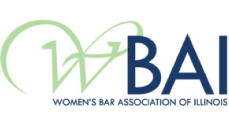
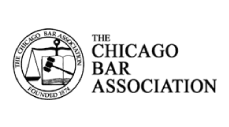

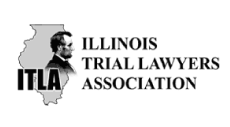
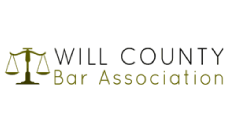


 Map & Directions
Map & Directions




